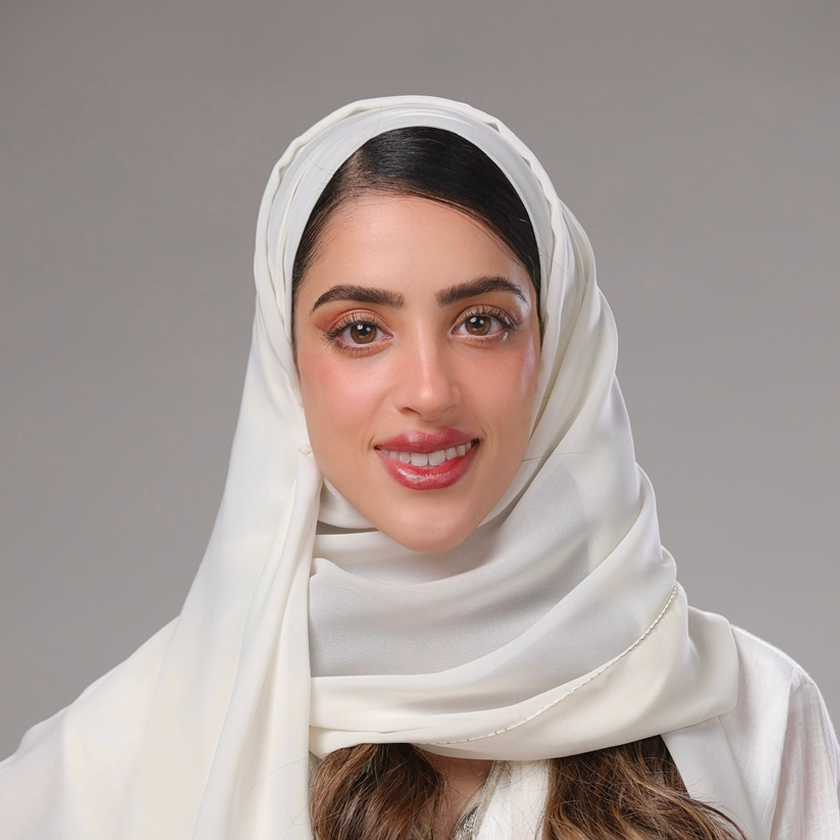
Dana AL-Sulaiman
Assistant Professor, Materials Science and Applied Physics
Physical Science and Engineering Division
“By leveraging advanced materials and cutting-edge biotechnologies, I hope my research will create portable,affordable, and precise diagnostic platforms, empowering early disease detection, improving outcomes, andtransforming global healthcare accessibility.”
Program Affiliations
Center of Excellence
Biography
Dana Alsulaiman joined KAUST in 2021 as an assistant professor of materials science andbioengineering. She is the principal investigator of the BioMAD Lab, which focuses on developingadvanced materials and next-generation technologies for minimally-invasive disease diagnosis,monitoring and precision healthcare; and she is a contributing faculty member in the KAUSTSmart Health Center of Excellence. Prior to KAUST, Professor Alsulaiman completed herpostdoctoral fellowship in the lab of Prof Patrick Doyle at MIT, where she focused ondevelopments in the fields of encoded hydrogel biosensors and microfluidic technologies.Throughout her academic career, Alsulaiman has received many prestigious international awards,among them the distinguished L’Oréal-UNESCO For Women in Science Regional Young TalentAward (2023) and the RSC Materials Horizons Emerging Investigator Award (2025). Outside ofacademia, she strives to support and promote innovation and scientific progress in Saudi Arabiaand beyond through her involvement in outreach programs, panel discussions, and renownedyouth forums in addition to hosting local and international interns and visiting students.
Research Interests
Professor Alsulaiman's research focuses on the development of advanced materials and nextgeneration platforms for minimally-invasive detection of disease biomarkers includingmicroRNA, proteins and other circulating biomarkers from ‘liquid biopsy’ biofluids. At theintersection between 2D materials, polymers and microtechnologies, her research includesadvancements in encoded hydrogel microparticles, enzyme-free electrochemical biosensorsand transdermal microneedles for drug delivery and biosensing. She is also interested insingle-molecule detection technologies, namely solid-state nanopore sensors, for the detectionand characterization of rare disease biomarkers. Dr Alsulaiman's research aims to tackleurgent clinical needs including early detection and monitoring of cancer andneurodegenerative diseases as well as developing accessible point-of-care platforms toenhance our pandemic preparedness and response.
Education Profile
Postdoctoral Associate, Massachusetts Institute of Technology, USA, 2021
Postdoctoral Fellow, Massachusetts Institute of Technology, USA, 2020
Ph.D. Bioengineering, Imperial College London, UK, 2019
B.Eng. and M.Eng. Biomedical Engineering, Imperial College London,
UK, 2015
Awards and Recognitions
Publications
Research Areas
- Material Science and Engineering
- Chemical and Biological Engineering

